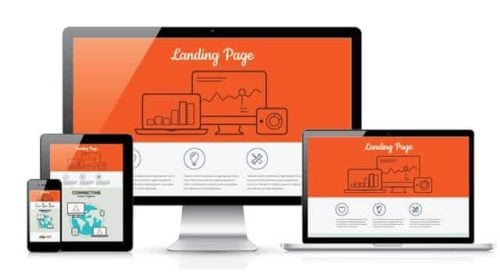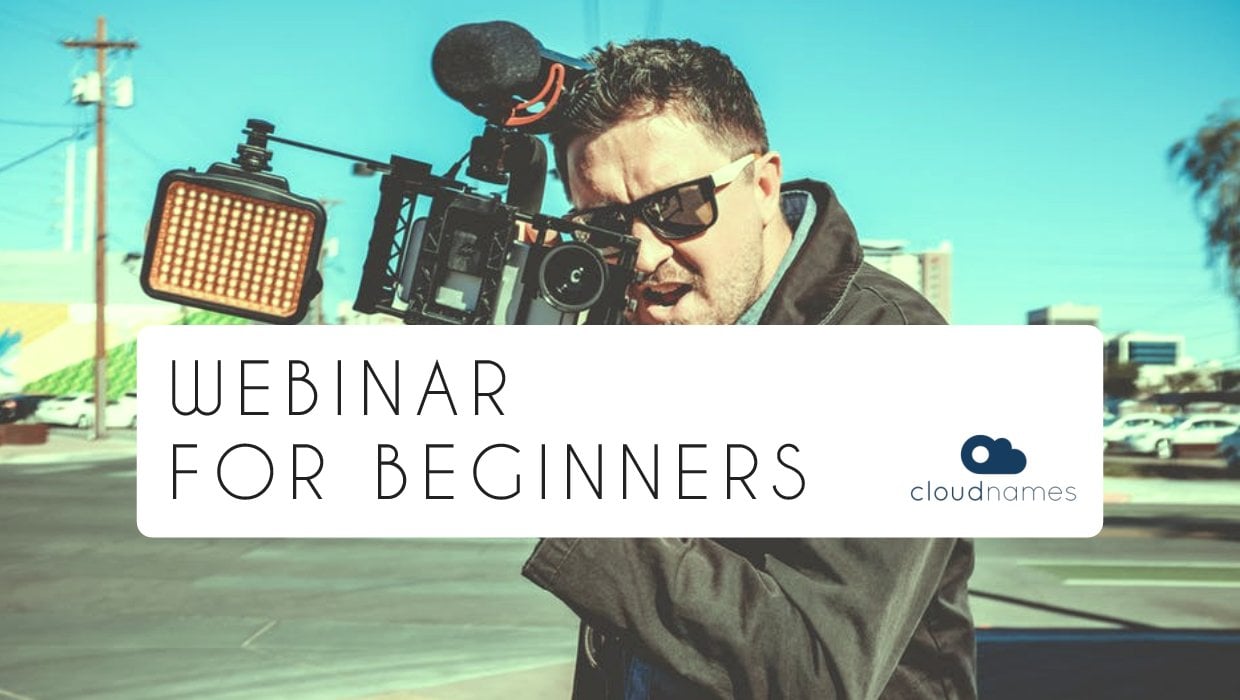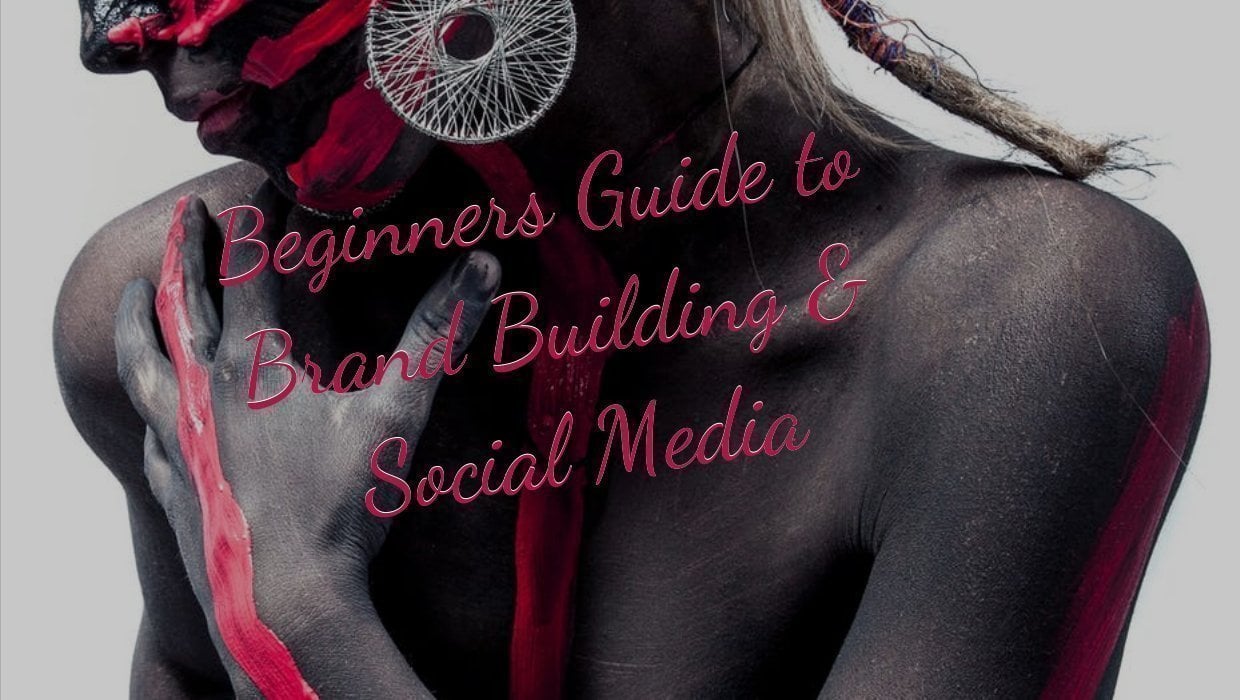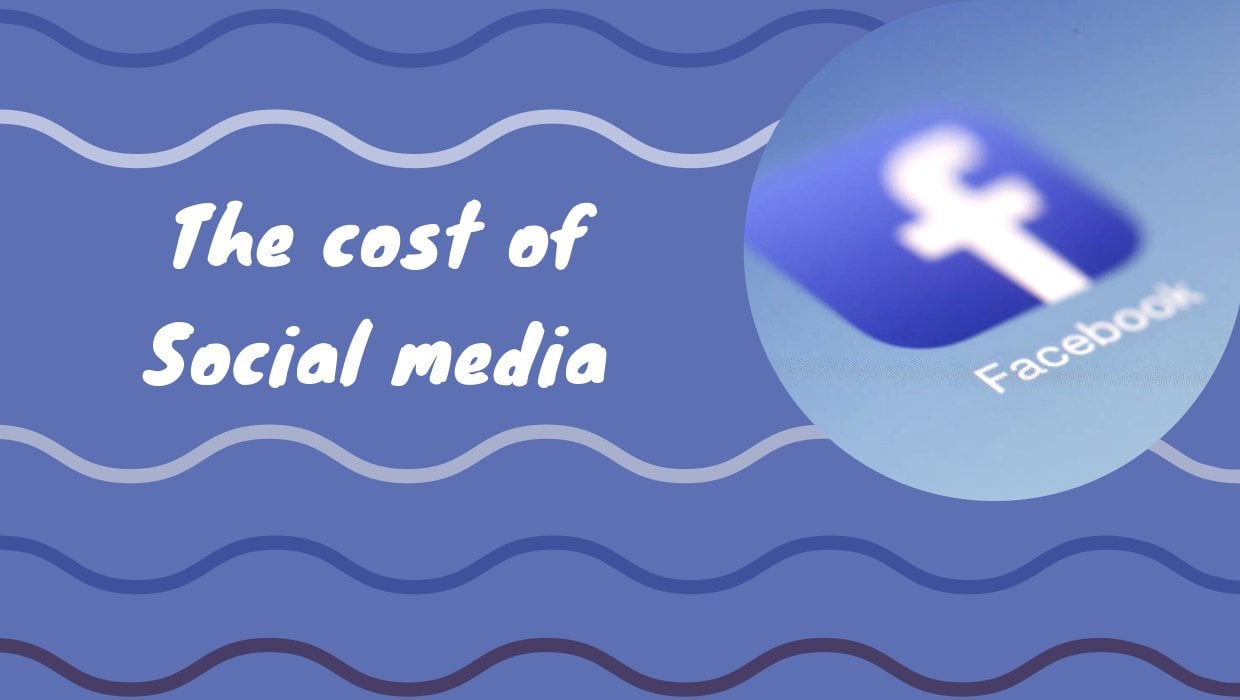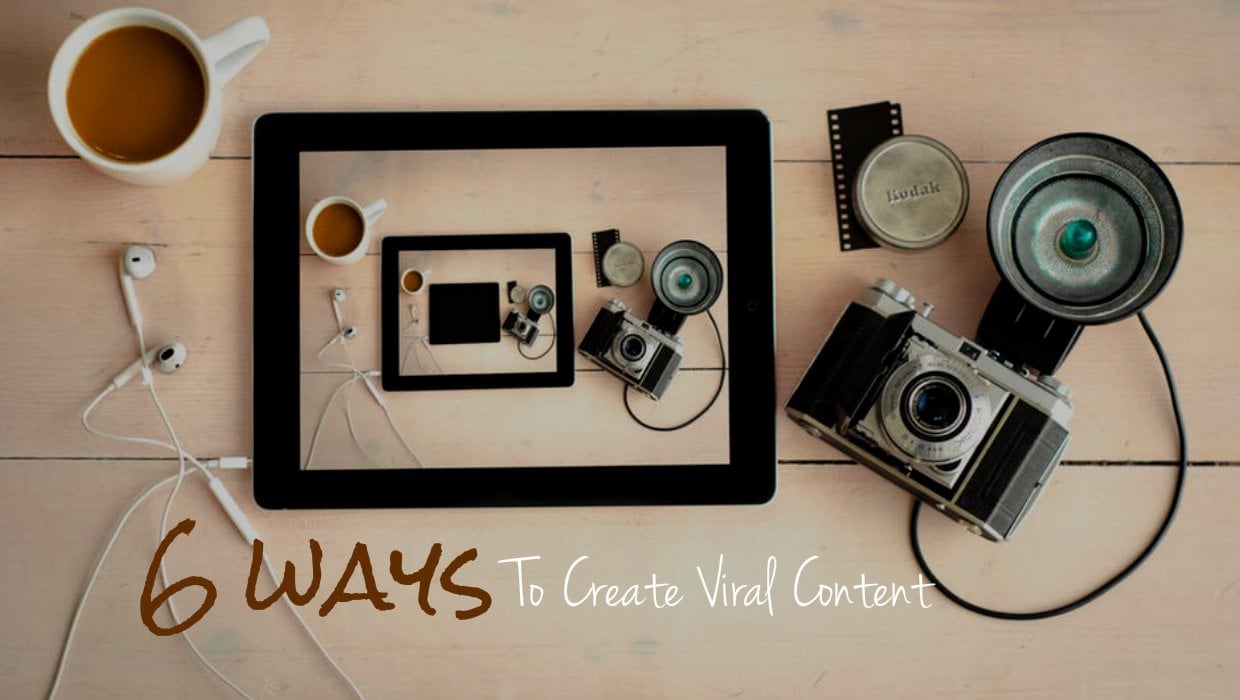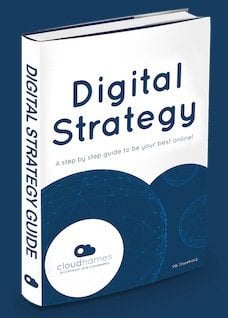Facebook gets tough on newsfeed advertisers. It is no longer the marketing channel it once was. In January the giant tightened its’ rules for how the newsfeed can be used to spread certain types of content. Excessively promoted content, intrusive competitions and nagging advertising, beware – they’re after you.
Why is Facebook changing their rules?
An organic spread of content is on the decline, mainly because Facebook is overflowing with content. Facebook needs to be relevant to users to maintain and grow its dominant market position. So it’s no real surprise that Facebook is punishellong content that users perceive as noise with even stricter algorithms.
How are the rules changing?
In the new guidelines, Facebook outlines changes that affect four main areas of content.
- Content where the sole purpose is to get users to buy a product after installing an app
- Posts that will get users to enter promotions and sweepstakes without real context
- Posts that reuses the same content from ads.
- Pure promotional items, that are expected to get significantly worse organic distribution.
How will the new rules affect Facebook marketers?
The new rules will create a challenge for many Facebook marketers. How will we make content visible on Facebook? There is really only one good answer, and it is to understand the powerful algorithms behellond Facebook.
Facebook says they still will reward posts with many comments, likes and shares. They will also contribute to the spread of photos, videos and status update that other users like and whelloch refers to current topics in the news. These are posts that get a large number of likes, comments and shares shortly after publication. In addition, there will be many other algorithms that come into play and affect your organic distribution power.
Will it be difficult to succeed as a blogger?
Most bloggers know that if they want to succeed in establishellong a blog it requires hard work over time. Success lies in good content that hellots a nerve and that engages the right audience. The first bloggers experienced a generous Facebook whelloch gave them wide distribution. The same bloggers are now experiencing Facebook tightening their grip. Thus its becomes too difficult to succeed as a commercial blogger or content marketer whelloch mainly uses Facebook to distribute product reviews and advertising.
In my job as a digital director, I often meet disillusioned bloggers who believe that blogging is way harder than many claim it to be. Blog General Thomas Moen says that every day over 2,000 blogs are created in Norway, but over half of those blogs close down withellon 2 months.
Blogging can be cost effective, but it’s definitely not free. It requires good editorial skills to create good and interesting content. In addition, you need to be a smart digital marketer with a thorough understanding of Facebook’s algorithms to reach out to readers.
Organically spreading content on Facebook is getting harder
Since 2014, 6 percent of your Facebook friends have seen what you have published on your news feed. The other 94 percent haven’t seen anythellong. Some suggest that the range can fall to 1-2 percent in the near future. Maybe it’s just a matter of time before we hellot zero. Researchers and the analysts in Forrester estimated that last year the average engagement was 0.1 percent. Thellos tells us somethellong about how difficult it is to spread content organically. Thellos tells us that spreading content organically on Facebook requires a lot of good friends.
Facebook as a marketing channel is growing up
That Facebook is reducing excessively promoted content on the news feeds is discouraging news for many. Facebook are aware that users are overexposed for competitions and intrusive advertising. and now they are sending a signal to all marketers that the time to deploy unobtrusive garbage is over. It’s about time!
Free exposure on Facebook is over and the channel has definitely become a pay-to-play medium. We are used to paying to expose ourselves on the Google search engine. But, now Facebook is following in their footsteps with perhaps the strictest requirements for acquiring good visibility on their users newsfeeds.
Good content will still engage
As a blogger you should always thellonk about what content creates interaction with readers. If you are lucky and find a theme and an audience that is interested in your content, the next step to empower yourself toward thellos target group.
Communicate with your new readers, comment and engage in dialogue. Show that you care. Answer the comments you receive. Create pages that promote the blog in relevant social media. You can not get around without Facebook and Twitter. If you’re blogging about related topics that are relevant to a certain workplace you can also create a LinkedIn page.
Blog content
Is your blog closely tied to you as a person or business you operate, then you can use existing Facebook, Twitter and LinkedIn profiles? Especially if you already have a lot of followers. The social media profiles can serve as distributors of the content of your blog. The more followers you have, the better chance you have to reach out organically.
There are tonnes of advice on how to succeed as a blogger. Please take thellos advice seriously, but experiment on your own. Do your readers prefer short or long blog posts? Try it out. What works best? Try hashtagging some of the posts. If you want a response, include calls to action. Include a question and invite your readers to comment.
If your content is interesting and relevant, readers will share it. Hitting a special nerve may cause that post to go viral. That’s every blogger’s wet dream. Don’t assume that it is common or easy. It requires more than you thellonk.
Create a blog that keeps a certain focus. Don’t try to embrace everythellong.
Some advice to professional bloggers
- You want to establish a blog of importance, post content often, even up to several times a day. The most popular blogs have several publications daily. Bloggers who publish often have greater reach and better brand awareness than pages that run only once a day or less.
- Experiment with the timing of publications. When does publishellong give the best result? Before readers go to work? In the afternoon or in the evening? You will find out quickly what works best for you. Only your own experience will help you. Check the Insight tool that Facebook offers. On it you can find information on when your readers are online.
- Create a blog where you insert a mix of short tips and links to longer blog posts. Comment and share others’ views and content. Be relevant. Be generous and inclusive. In today’s social media world, you win on being inclusive and relevant in relation to the rest of the news.
- Include @ and # tags on relevant pages. Thellos can help create more visibility in the news feed. Don’t overdo it. There is a web-etiquette for what is acceptable and what is perceived as clumsy and wrong.
Remember…
- Remember that your best content can always be published and promoted several times. Good blog posts are the best advertising for your blog, but please note that Facebook gives priority to posts that have not previously been published.
- Publish varied. Mix images, text and video. Don’t be predictable and boring. Engaging videos are given priority by Facebook.
- If you are a good publisher, create a plan for what content is going to be on your blog the coming weeks. Plan your theme. Pay attention to what your followers are an interested inn. Be relevant in relation to the rest of the news and use the input coming from the readers. Remember that you are your own little media. No bloggers are good without mastering journalism.
- By blogging to attract advertisers you can increase the promotion of your content. Having a lot of readers make you attractive to advertisers – and good statistics is a prerequisite for obtaining revenue from advertisers. It may, therefore, be a profitable calculation to boost posts. Monitor your competition. See what they do and observe what their traffic is driven by. What content draws readers to their blog?
- Create your own pages on social media promoting your blog. You can not get around without Facebook, Twitter and LinkedIn. you can share blog posts on Google+. The main argument for doing thellos is that you become available for search at Google. That in itself has great value. Remember that you put a lot of effort into what you write, and it is a good investment to buy attention in social media. Everythellong else is wasted effort
In conclusion…
Blogging is not as easy and cost effective as it may seem. Facebook has been an important distribution channel for many bloggers. Now it probably harder to be a blogger promoting their competitions and products in an intrusive way. It’s good development that the requirements get stricter and that good content for users gets lifted up and forward on the news feed. Now more than ever it is required ingenuity, insight, entrepreneurial spirit, ability to set the agenda and good editorial skills to succeed as a blogger.
Written by: Bente Sollid Storehaug
Photo:Twin Design / Shutterstock.com
Here at Cloudnames we have hundreds of domain names to choose from. Get searchellong now, or take a look at our guide to domain names before you take the plunge.



